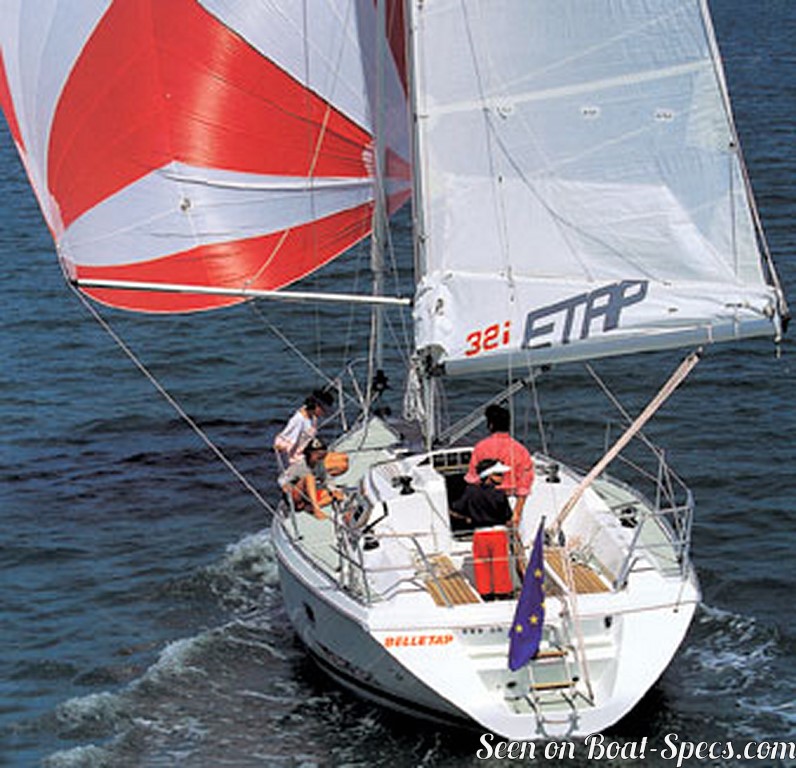sailboat design category
The following four design categories help to quantify a boat’s degree of seaworthiness, based on the wave height and wind speed the boat is designed to encounter and handle. the further offshore the vessel is expected to venture, the higher are the expectations for construction strength, stability, freeboard, reserve buoyancy, resistance to. Even more recent is the concept of canting keels, designed to move the weight at the bottom of a sailboat to the upwind side, allowing the boat to carry more sails. multihulls, on the other hand, have minimal need for such ballast, as they depend on the geometry of their design, the wide base of their multiple hulls, for their stability.. World sailing classes. historically known as the iyru (international yacht racing union), the organization evolved into the isaf (international sailing federation) in 1996, and as of december 2015 is now world sailing.. 
sailboat design category Modern sailboat design: quantifying stability. charles doane. in category 1 events, which are long-distances races sailed “well offshore,” 115 is the common minimum standard, and for category 2 events, races of extended duration not far from shore, 110 is normally the minimum standard. conservative designers and pundits often posit 120.